Urgent need for energy audit in business
According to statistics, the country currently has 3,491 key energy-using establishments, of which 2,864 are industrial establishments. The industrial sector accounts for more than 50% of the country's total energy consumption. Meanwhile, the potential for energy saving in this sector is still very large, reaching a rate of 20 - 30%. In that context, energy auditing is one of the useful tools to help industrial establishments review their energy use, find innovative solutions to use energy more economically and effectively, towards sustainable development.
Ms. Nguyen Thi Lam Giang, Director of the Department of Innovation, Green Transformation and Industrial Promotion ( Ministry of Industry and Trade ) emphasized that energy audit is not only a mandatory requirement for key energy-using establishments according to the Law on Economical and Efficient Use of Energy, but also an important "link" in the sustainable development strategy of enterprises. When enterprises have a complete view of energy consumption, they will clearly see the points that can be optimized, thereby improving the production line, reducing costs, and improving operational efficiency.
In fact, after conducting energy audits, many businesses have saved 10-30% of their annual electricity consumption, while significantly reducing CO₂ emissions. This not only contributes to reducing production costs, but also helps businesses meet increasingly stringent environmental standards from international markets, especially when exporting to EU and US countries, which have been tightening requirements on sustainable development.
In particular, in the context of deep economic integration, green standards such as the EU's Carbon Border Adjustment Mechanism (CBAM) are gradually becoming technical barriers for many Vietnamese enterprises. If they do not promptly improve production processes, reduce emissions and use energy efficiently, enterprises will find it difficult to maintain their export market share.
Energy auditing activities are the basis for businesses to use and save energy effectively, aiming for sustainable development. Photo: Huong Tra
Build point models to create spillover
From the perspective of an enterprise providing energy auditing services, Mr. Hoa Thai Thanh, Energy Auditor of Vietnam Technology Solutions Joint Stock Company (VETS) said that although the Ministry of Industry and Trade has issued instructions on "Steps to conduct energy audits and energy audit report templates" issued with Circular 25/TT-BCT dated September 29, 2020, the implementation still has certain difficulties and shortcomings.
Specifically, businesses still do not clearly understand the benefits of energy auditing, so they have not fully exploited the effectiveness of energy auditing. In addition, due to limited awareness and knowledge of equipment and energy consumption systems. Businesses are only interested in equipment that operates normally, meeting the production needs of the business, but are not really interested in the goal of using energy economically and efficiently. Meanwhile, business leaders are mainly interested in efficient production lines rather than focusing on improving energy saving solutions. In addition, due to the implementation of projects to improve energy efficiency, businesses face major problems with capital. High investment costs lead to businesses' hesitation in investing in implementation.
To solve this problem, Mr. Hoang Hai, Director of VETS Company, said that businesses need to clearly understand the role of energy auditing and the benefits that this solution brings. “Businesses should consider energy auditing as a regular activity, similar to financial auditing. This is a way to maintain stable production efficiency, control costs and create sustainable competitive advantages,” Mr. Hai emphasized.
According to Mr. Hai, in reality, businesses that conduct systematic energy audits and invest in improving production lines will have an easier time accessing green credit packages from banks, clean technology investment projects, and receive active support from international organizations on technology transfer.
Not only stopping at economic benefits, energy audit also brings clear social and environmental values. Reducing fossil fuel consumption helps reduce pressure on the national power system, reducing greenhouse gas emissions, a factor directly contributing to climate change. At the same time, it enhances the image of businesses responsible to society and the environment, increasing the trust of partners, consumers and investors.
Mr. Hai also suggested that there should be stronger involvement of state management agencies, industry associations and especially the media in promoting and raising awareness for businesses. Building successful models of energy auditing, connecting with experts and reputable service providers will also help businesses feel more confident when implementing.
With the support of management agencies, the expert community and the initiative from businesses themselves, energy auditing can completely become the "key" to help businesses open the "door" to sustainable development in the era of green economy and circular economy that is increasingly spreading globally.
Source: https://moit.gov.vn/tin-tuc/su-dung-nang-luong-tiet-kiem-va-hieu-qua/kiem-toan-nang-luong-chia-khoa-giup-doanh-nghiep-phat-trien-ben-vung.html


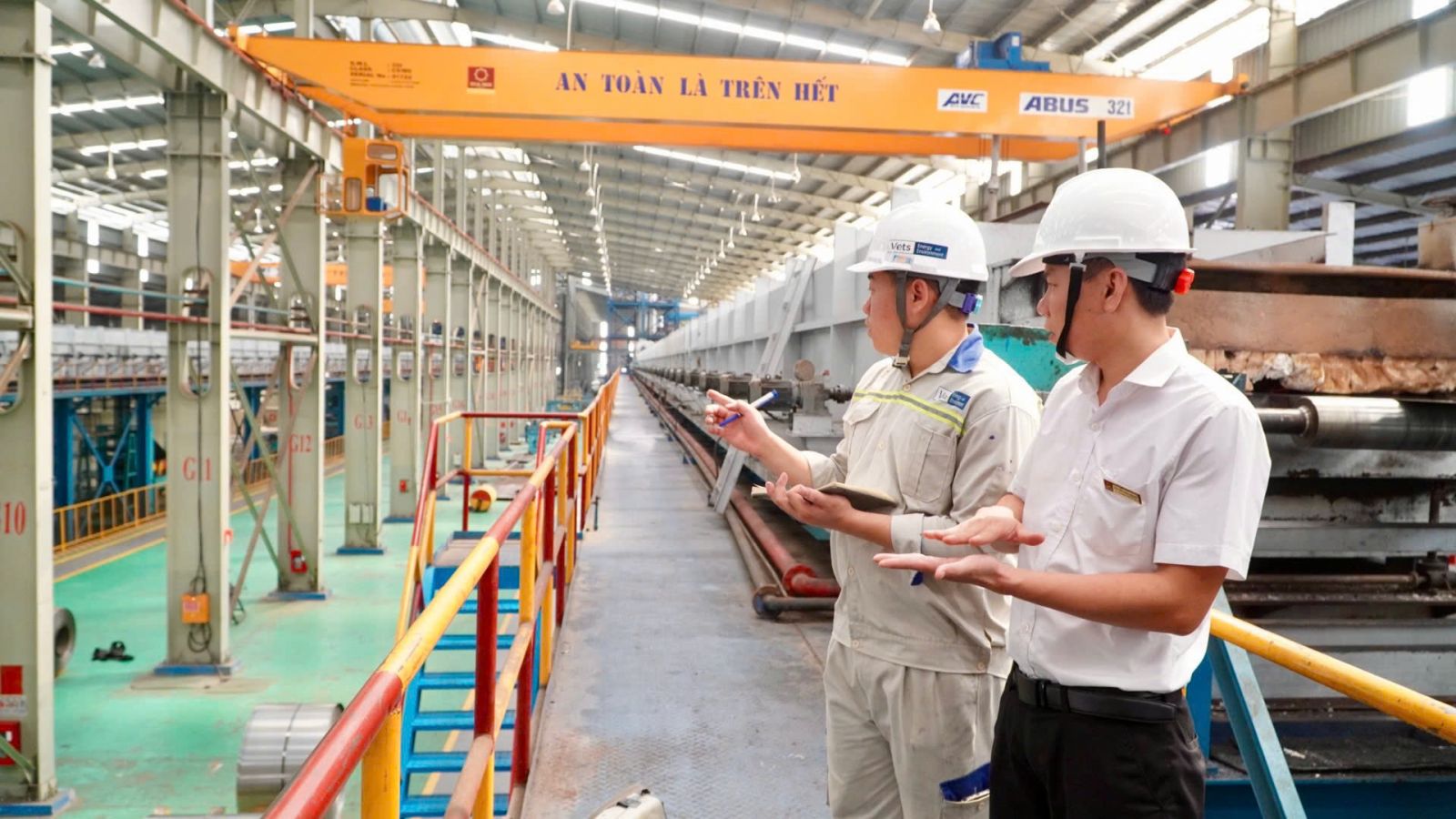

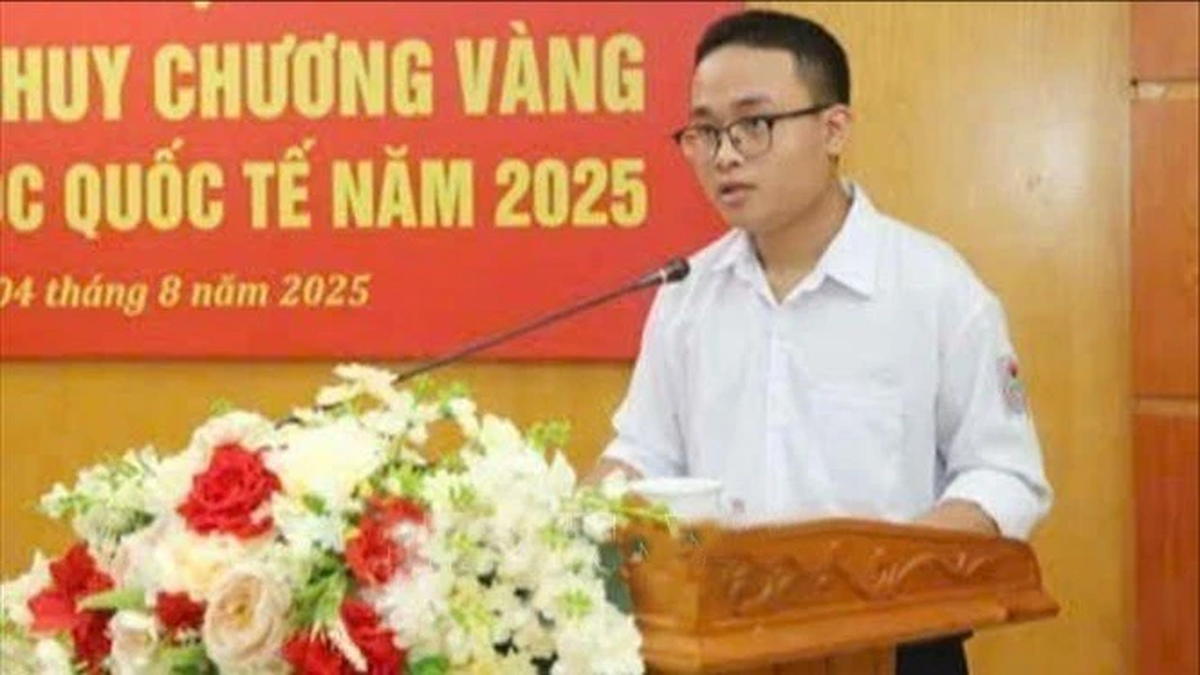






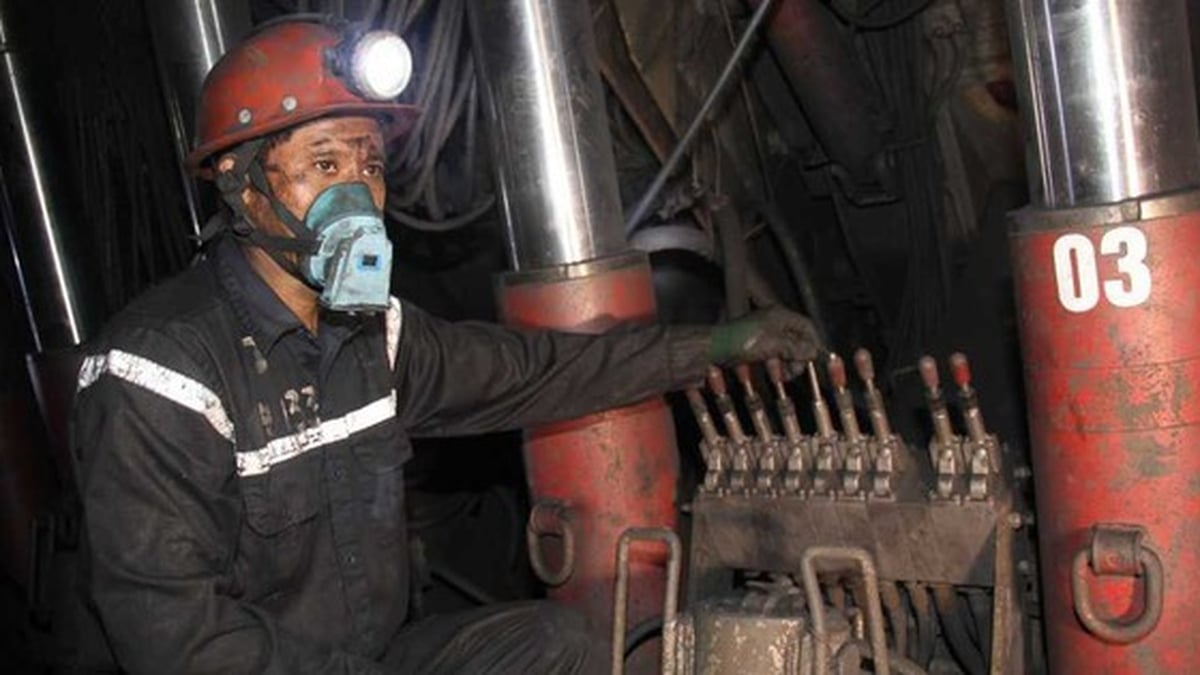
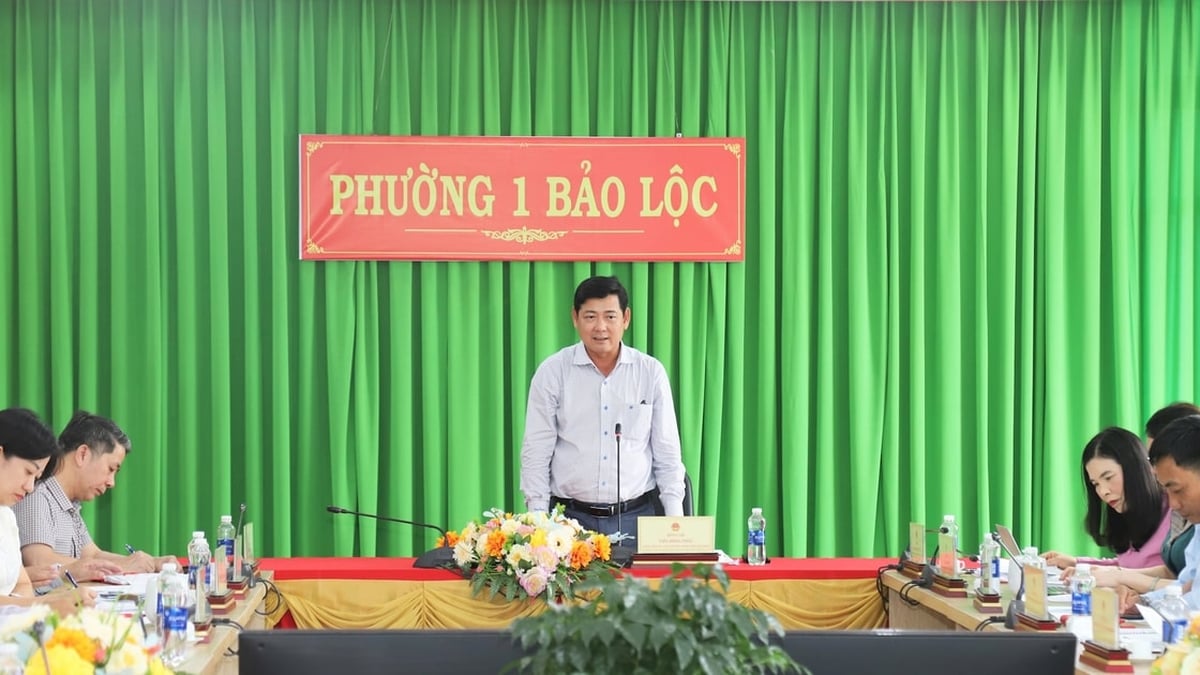













![[Photo] Nghe An: Provincial Road 543D seriously eroded due to floods](https://vphoto.vietnam.vn/thumb/1200x675/vietnam/resource/IMAGE/2025/8/5/5759d3837c26428799f6d929fa274493)




![[Photo] Discover the "wonder" under the sea of Gia Lai](https://vphoto.vietnam.vn/thumb/1200x675/vietnam/resource/IMAGE/2025/8/6/befd4a58bb1245419e86ebe353525f97)























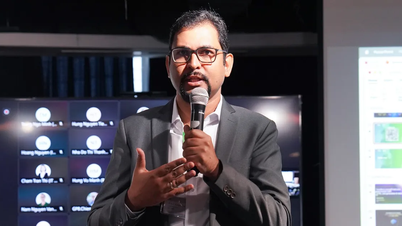



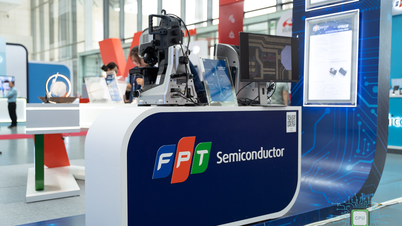



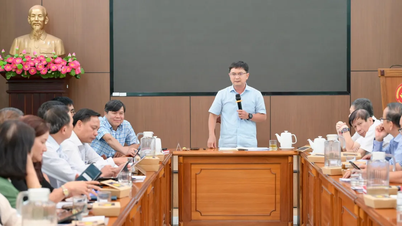






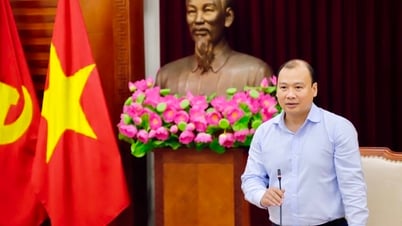




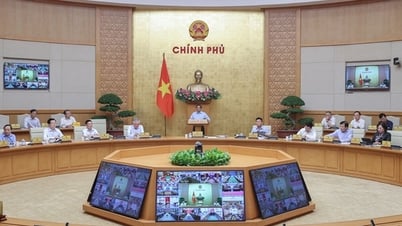






















Comment (0)